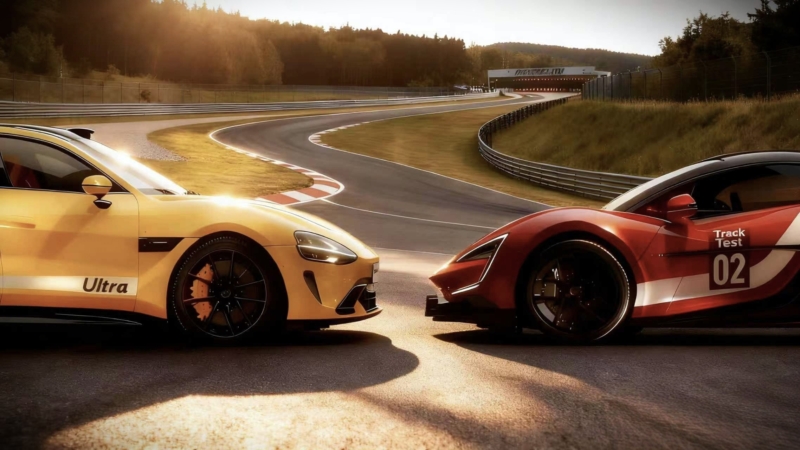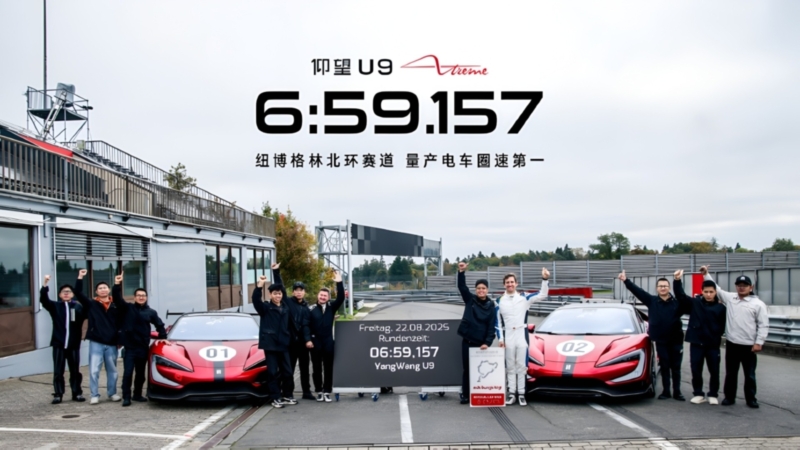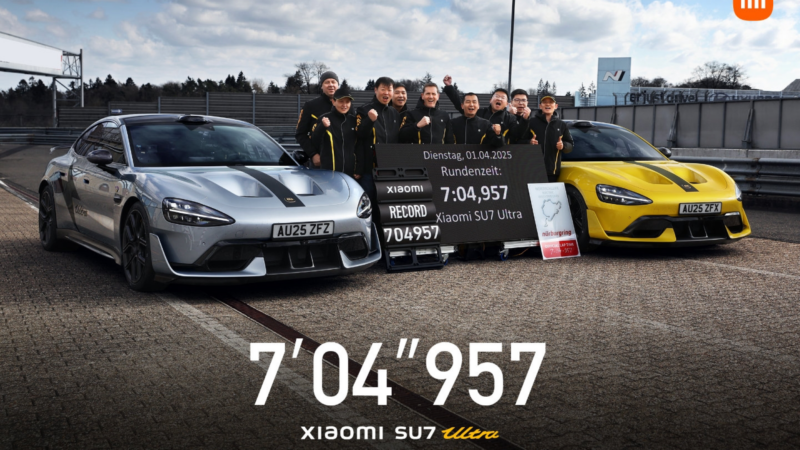China’s EVs are now playing in Porsche’s backyard and winning | OPINION
China’s rapid ascent in high-performance engineering has now reached motorsport’s most gruelling proving ground: the Nürburgring Nordschleife. Once dominated by European and Japanese automakers, the 20.8-km German circuit has recently seen Chinese electric performance cars achieve lap times that rival, and even surpass, those of long-established global brands.
The BYD Yangwang U9 Xtreme has officially achieved a certified Nürburgring Nordschleife lap time of 6:59.157, setting a new record for the fastest production electric vehicle at the track. The result surpasses the Xiaomi SU7 Ultra’s previously confirmed 7:04.957 lap, recorded in June 2025. The U9 Xtreme now holds the official production EV record with its verified sub-seven-minute lap.
In production form, the U9 Xtreme delivers 2,220 kW (nearly 3,000 hp) from a four-motor electric powertrain, with each motor rated at 555 kW. It operates on a 1,200 V high-voltage platform featuring silicon-carbide power electronics and an oil-cooled layout for both motors and battery systems.
The aerodynamic package includes a large carbon-fibre front splitter with downward-bending endplates, a gooseneck-style rear wing, and 20-inch forged wheels fitted with GitiSport e·GTR2 Pro semi-slick tyres, China’s first rated up to 500 km/h. The car measures 4,991 mm long, 2,029 mm wide, and 1,351 mm tall, riding on a 2,900 mm wheelbase. Only 30 units will be built worldwide.
By comparison, the Xiaomi SU7 Ultra produces 1,548 hp, accelerates from 0 to 60 mph in 1.98 seconds, and reaches a top speed of 217 mph (350 km/h), among the highest for any four-door production car. Its thermal management employs separate cooling loops for the battery, motors, and inverters to maintain power output throughout a lap.
Data from Nürburgring runs show both vehicles sustaining over 300 km/h on the Döttinger Höhe straight, with the U9 Xtreme gaining time through higher mid-corner grip. At the same time, the SU7 Ultra maintained stability in temperature-sensitive sectors.
Both models are set to appear in Gran Turismo 7 (GT7) for the PlayStation 5, developed by Polyphony Digital. Their inclusion provides global visibility for China’s most advanced EVs in one of the world’s most realistic driving simulations.
While the Yangwang U9 Xtreme and Xiaomi SU7 Ultra currently lead the Chinese charge, they now join a broader field of Nürburgring-tested performance EVs. Previously, the Porsche Taycan Turbo GT set a 7:07.5 lap, making it the fastest four-door EV and production sedan around the circuit at the time. It was powered by up to 1,092 hp from dual motors. The Tesla Model S Plaid with Track Pack posted a 7:25.2 lap in 2023, while the Hyundai Ioniq 5 N, driven by Sport Auto’s Christian Gebhardt, achieved 7:45.5, a strong result for a performance crossover.
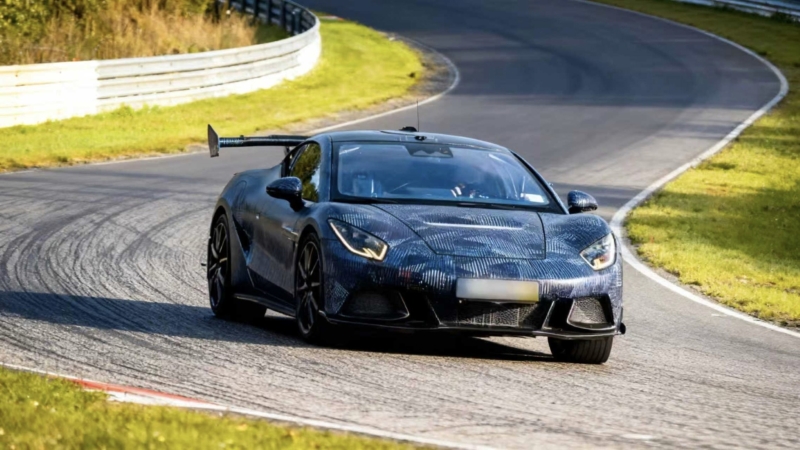
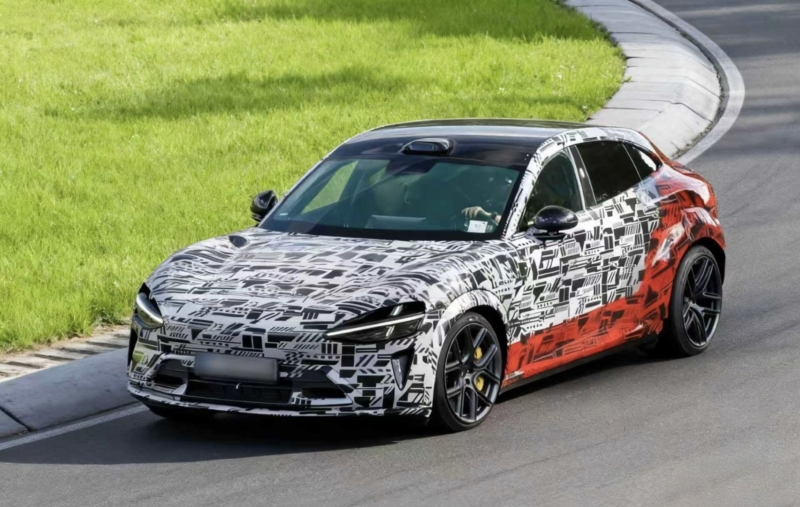
The Xiaomi SU7 Ultra and BYD Yangwang U9 Xtreme may only mark the beginning of Chinese performance cars making record-setting appearances at the Nürburgring. Xiaomi’s upcoming YU7 GT and BYD’s Denza Z have already been spotted testing at the circuit, indicating both automakers are preparing further high-performance models.
At the same time, GWM CTO Wu Huixiao confirmed that the company is developing a supercar-oriented project benchmarked against the Ferrari SF90. Early reports suggest it may use a self-developed 4.0T twin-turbo V8 engine paired with an electric motor in a plug-in hybrid layout, with a projected combined output of around 1,000 hp, 0–100 km/h under 3 seconds, and a top speed exceeding 350 km/h.
With Chinese automakers increasingly targeting world-class performance benchmarks, additional Nürburgring appearances, and potentially new lap-time records, are expected in the near future.



